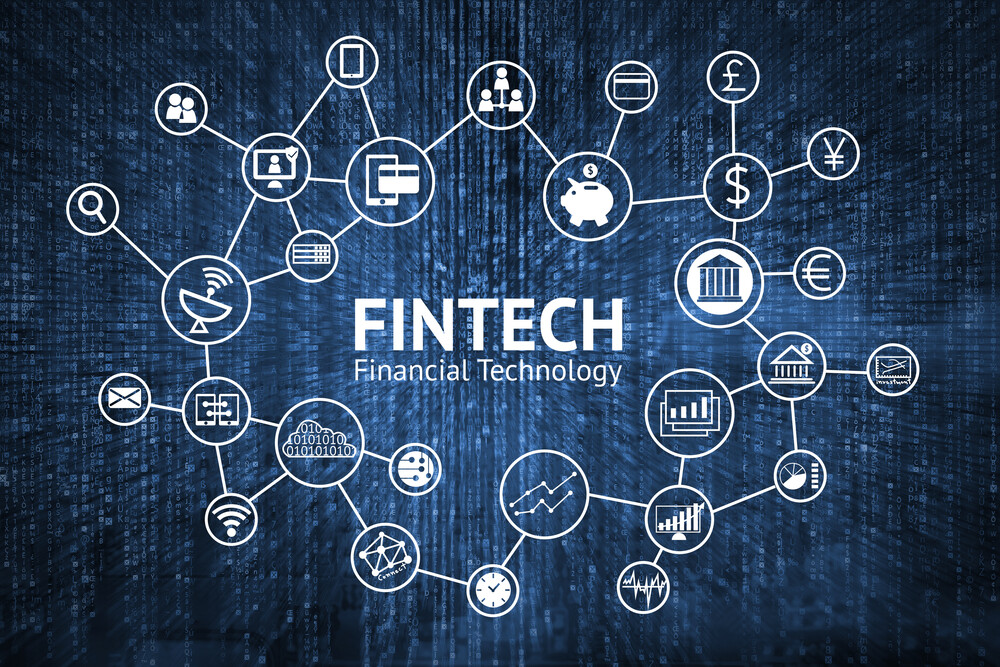In today’s rapidly evolving financial landscape, Fintechs are spearheading innovative changes in credit and lending markets. As technology continues to advance, financial technology companies in the United States are leveraging new tools and methodologies to revolutionize traditional banking. This blog post explores seven emerging trends driving these changes.
From artificial intelligence to blockchain technology, read on to discover what Fintechs are doing to transform the credit and lending sectors.
Growth of artificial intelligence in lending

Artificial Intelligence (AI) is becoming a cornerstone in the financial technology sector, especially in the realm of lending. Fintechs are increasingly using AI to streamline the loan approval process and enhance risk assessment models. Through sophisticated algorithms, these companies can analyze vast amounts of data to make more informed lending decisions.
AI-driven platforms can evaluate creditworthiness with greater accuracy than traditional methods, reducing the risk for lenders and providing more personalized loan options for borrowers. With machine learning models continuously improving, the role of AI in lending is expected to expand further.
This trend is beneficial not just for lenders and borrowers, but also for the overall efficiency of financial systems. Automated processes reduce the time and resources needed for loan approvals, making it a win-win situation for all parties involved.
Improved risk management
One of the standout features of AI in lending is its capacity for improved risk management. Traditional risk assessment models often rely on outdated data, leading to inaccurate evaluations. Fintech companies utilize real-time data analytics, allowing for a dynamic and current assessment of a borrower’s financial stability.
Advanced algorithms can factor in a broader range of variables, from spending habits to social media activity, to create a more holistic view of risk. This level of precision benefits lenders by lowering default rates and enhancing their ability to offer competitive interest rates.
Moreover, real-time monitoring enables lenders to detect early signs of financial distress, providing opportunities for intervention before a loan becomes delinquent, thus securing their investment.
Enhanced customer experience
AI does not only advance risk assessment but also enhances the customer experience. Automated chatbots and virtual assistants can provide instant support to customers, offering immediate answers to common queries and streamlining the application process.
Personalized loan offerings tailored to individual needs and financial situations make it easier for clients to find suitable products. This customization is facilitated by AI, which can analyze user data and preferences to suggest the best options available.
Ultimately, the integration of AI in the lending sector is making the process more user-friendly, transparent, and efficient, paving the way for a new era in financial services.
Embracing blockchain technology
Blockchain technology is another revolutionary force in the world of Fintech. By offering a decentralized and immutable ledger system, blockchain can significantly enhance the transparency and security of financial transactions, including lending and credit processes.
The adoption of blockchain in lending platforms ensures that all transactions are recorded in a manner that is both transparent and tamper-proof. This increases trust among parties and reduces the risk of fraudulent activities. Furthermore, blockchain allows for more efficient and faster transaction processing, as intermediaries are removed from the equation.
As blockchain technology continues to mature, its applications in the credit and lending space are expected to grow, bringing greater efficiency and security to financial systems.
Smart contracts and automation
One of the most promising applications of blockchain in lending is the use of smart contracts. These self-executing contracts are coded with predefined conditions and automatically enforce the terms of an agreement when those conditions are met.
Smart contracts can streamline various aspects of the lending process, from loan approval to repayments. They eliminate the need for intermediaries, reducing costs and processing times. Additionally, the transparency provided by blockchain ensures that all parties are aware of the contract terms and their respective obligations.
This level of automation and transparency is transforming how loans are issued and managed, setting a new standard for the industry.
Increased security and fraud prevention
Security is a major concern in the financial industry, and blockchain offers robust solutions to address this issue. The cryptographic principles underlying blockchain technology make it incredibly difficult for unauthorized parties to alter transaction records, ensuring the integrity of the data.
This heightened level of security is particularly beneficial in the lending sector, where the risk of fraud can be high. By incorporating blockchain, Fintechs can offer more secure lending platforms, enhancing trust among borrowers and lenders alike.
As fintech companies continue to adopt blockchain technology, they are not only focusing on efficiency and transparency but also prioritizing security measures to prevent fraud and protect sensitive financial data.



